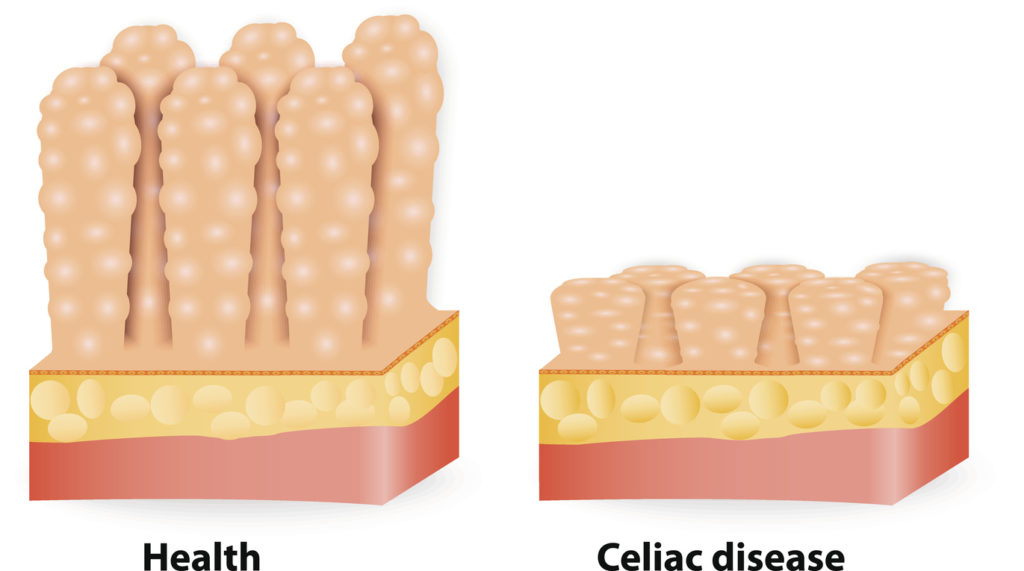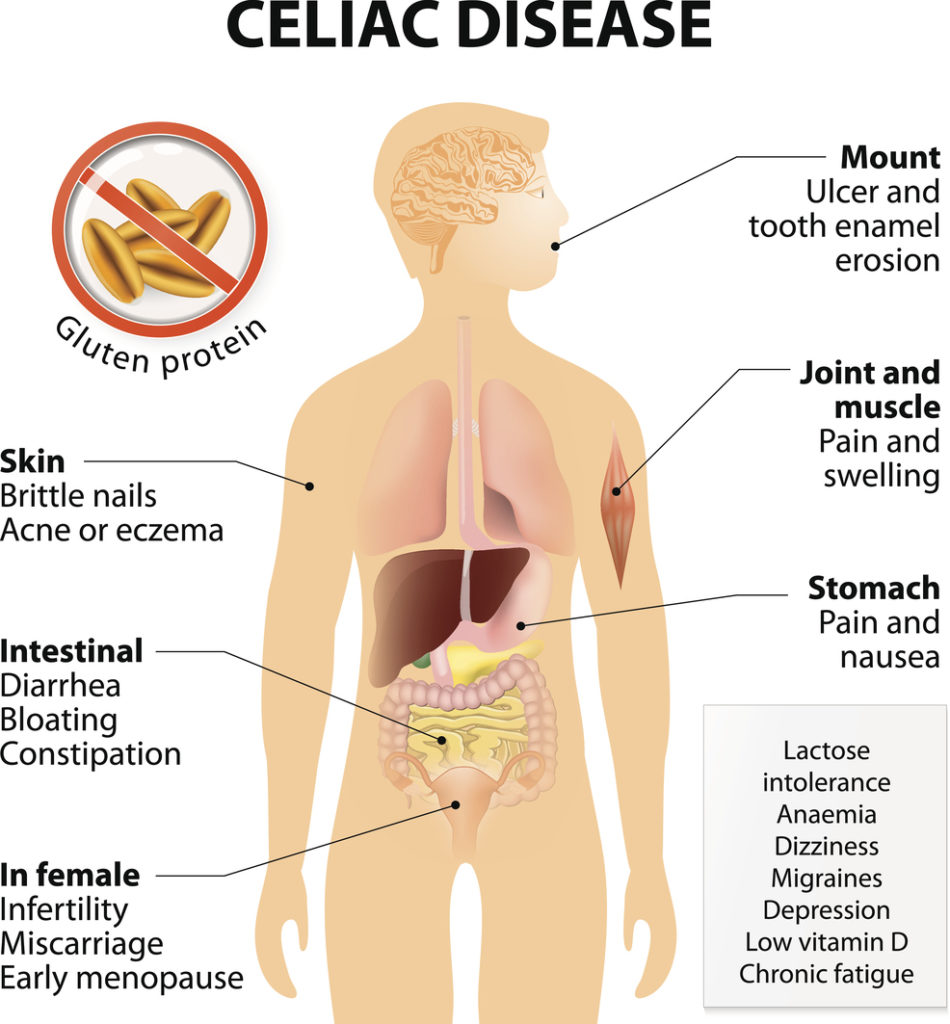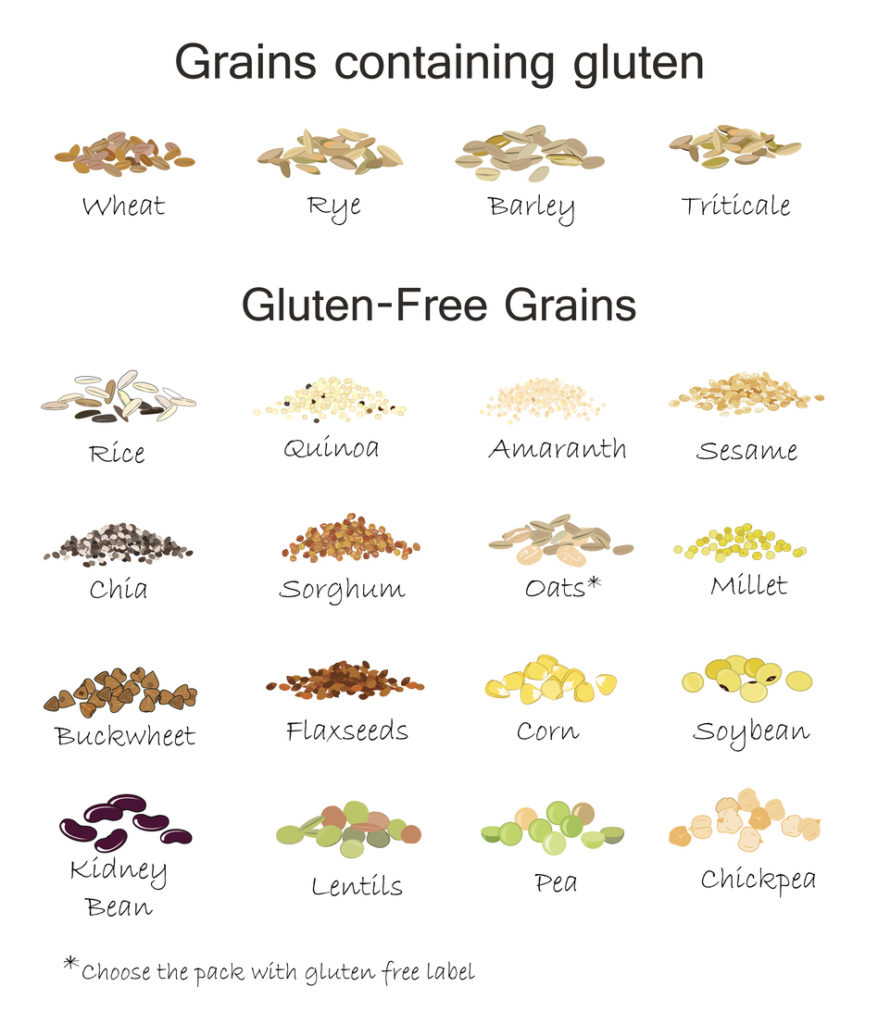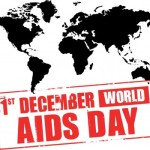Mandy Moore Undergoes Endoscopy To Test for Celiac Disease

This is Us star Mandy Moore took to Instagram Saturday as she was recovering from an endoscopy procedure. She had undergone the procedure to test whether she has celiac disease (otherwise known as gluten sensitive enteropathy.)
“Grog city. Just had an upper endoscopy to officially see whether or not I have celiac [disease] (only way to officially diagnose)…things are looking 👌).”
In July, Moore had announced that she had been tentatively diagnosed with celiac disease, an autoimmune disease of the bowel. She asked fans for advice on how to live with the illness, saying: “Well, this definitely takes the (now gluten free cake) for bummer news. Any celiac sufferers out there with any helpful tips??”
An upper endoscopy, is a procedure in which a thin scope with a light and camera at its tip is used to look inside the upper digestive tract — the esophagus, stomach, and first part of the small intestine, called the duodenum. Taking a small sample of the tissue and looking at it under a microscope for tell-tale signs of the disease is the only way to make a definitive diagnosis.
What is celiac disease?
Celiac disease is a digestive disorder that damages the small intestine. In people who have celiac disease, gluten causes the immune system to attack the small intestine. The inflammation causes shortening of the villi lining the small intestine. Villi are finger-like projections from the walls of the intestine which increase the internal surface area of the intestinal walls, making a greater surface area for absorption. Damage to the villi affects the absorption of nutrients, frequently leading to anemia.
Gluten is a protein found naturally in wheat, barley, and rye, and is common in foods such as bread, pasta, cookies, and cakes. Many pre-packaged foods, lip balms and lipsticks, hair and skin products, toothpastes, vitamin and nutrient supplements, and, rarely, medicines, contain gluten.
Celiac disease can be very serious. The disease can cause long-lasting digestive problems and keep your body from getting all the nutrients it needs. Celiac disease can also affect the body outside the intestine.
Celiac disease is different from gluten sensitivity or wheat intolerance. If you have gluten sensitivity, you may have symptoms similar to those of celiac disease, such as abdominal pain and tiredness. Unlike celiac disease, gluten sensitivity does not damage the small intestine. Celiac disease is also different from a wheat allergy. In both cases, your body’s immune system reacts to wheat. However, some symptoms in wheat allergies, such as having itchy eyes or a hard time breathing, are different from celiac disease. Wheat allergies also do not cause long-term damage to the small intestine.
How common is celiac disease?
As many as one in 141 Americans has celiac disease, although most don’t know it.
What are the symptoms of celiac disease?
Most people with celiac disease have one or more symptoms. However, some people with the disease may not have symptoms or feel sick. Sometimes health issues such as surgery, a pregnancy, childbirth, bacterial gastroenteritis , a viral infection, or severe mental stress can trigger celiac disease symptoms.
If you have celiac disease, you may have digestive problems or other symptoms. Digestive symptoms are more common in children and can include:
- bloating, or a feeling of fullness or swelling in the abdomen
- chronic diarrhea
- constipation
- gas
- nausea
- pale, foul-smelling, or fatty stools that float
- stomach pain
- vomiting
Adults are less likely to have digestive symptoms and, instead, may have one or more of the following:
- anemia
- a red, smooth, shiny tongue
- bone or joint pain
- depression or anxiety
- dermatitis herpetiformis
- headaches
- infertility or repeated miscarriage
- missed menstrual periods
- mouth problems such a canker sores or dry mouth
- seizures
- tingling numbness in the hands and feet
- tiredness
- weak and brittle bones
What are the complications of celiac disease?
Long-term complications of celiac disease include
- malnutrition, a condition in which you don’t get enough vitamins, minerals, and other nutrients you need to be healthy
- accelerated osteoporosis or bone softening, known as osteomalacia
- nervous system problems
- problems related to reproduction
Rare complications can include
- intestinal cancer
- liver diseases
- lymphoma, a cancer of part of the immune system called the lymph system that includes the gut
How do doctors diagnose celiac disease?
Celiac disease can be hard to diagnose because some of the symptoms are like symptoms of other diseases, such as irritable bowel syndrome (IBS) and lactose intolerance. Your doctor may diagnose celiac disease with a medical and family history, physical exam, and tests. Tests may include blood tests, genetic tests, and biopsy.
How do doctors treat celiac disease?
Gluten Free Diet
Doctors treat celiac disease with a gluten-free diet. Gluten is a protein found naturally in wheat, barley, and rye that triggers a reaction if you have celiac disease. Symptoms greatly improve for most people with celiac disease who stick to a gluten-free diet. In recent years, grocery stores and restaurants have added many more gluten-free foods and products, making it easier to stay gluten free.
Your doctor may refer you to a dietitian who specializes in treating people with celiac disease. The dietitian will teach you how to avoid gluten while following a healthy diet. He or she will help you check food and
- product labels for gluten
- design everyday meal plans
- make healthy choices about the types of foods to eat
For most people, following a gluten-free diet will heal damage in the small intestine and prevent more damage. You may see symptoms improve within days to weeks of starting the diet. The small intestine usually heals in 3 to 6 months in children. Complete healing can take several years in adults. Once the intestine heals, the villi, which were damaged by the disease, regrow and will absorb nutrients from food into the bloodstream normally.
Avoiding medicines and nonfood products that may contain gluten
In addition to prescribing a gluten-free diet, your doctor will want you to avoid all hidden sources of gluten. If you have celiac disease, ask a pharmacist about ingredients in
- herbal and nutritional supplements
- prescription and over-the-counter medicines
- vitamin and mineral supplements
You also could take in or transfer from your hands to your mouth other products that contain gluten without knowing it. Products that may contain gluten include
- children’s modeling dough, such as Play-Doh
- cosmetics
- lipstick, lip gloss, and lip balm
- skin and hair products
- toothpaste and mouthwash
- communion wafers
Source: National Institute of Diabetes and Digestive and Kidney Diseases






























1 Comment